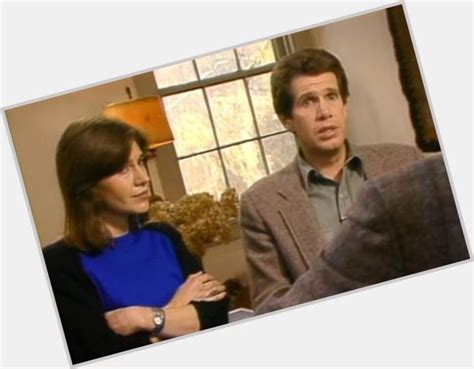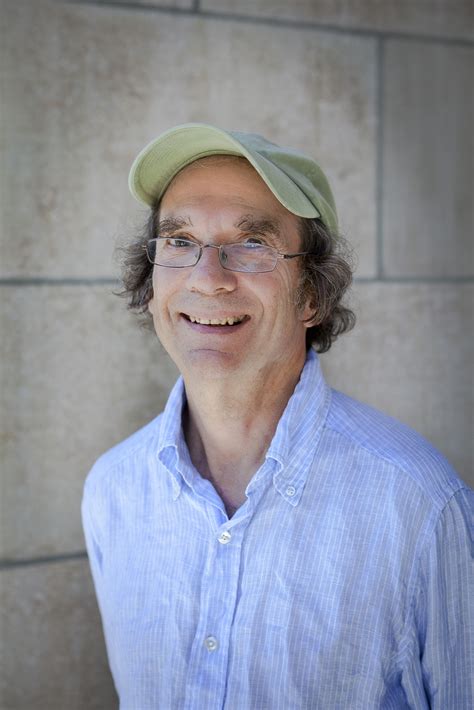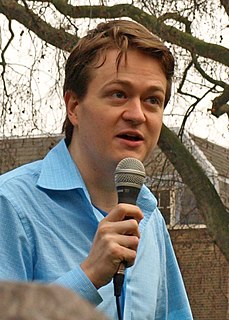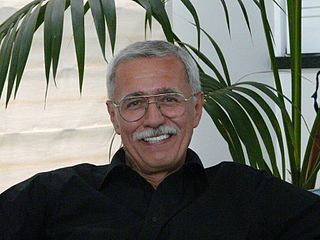A Quote by Jeremy Rifkin
It seems disingenuous for the intellectual elite of the first world to dwell on the subject of too many babies being born in the second- and third-world nations while virtually ignoring the over-population of cattle and the realities of a food chain that robs the poor of sustenance to feed the rich a steady diet of grain-fed meat.
Related Quotes
Most of the food crops raised in the world today are fed to livestock destined for slaughter for us to eat, and most of the water used is used to raise the food crops that are fed to those animals. It has been estimated that, because of the extraordinary amount of grain it takes to raise food animals, if we reduced the amount of meat we eat by only ten percent, that would free up enough grain to feed all the starving humans in the world. So when we choose to eat meat instead of vegetables, we are choosing to take food away from others who are hungry.
The American fast food diet and the meat eating habits of the wealthy around the world support a world food system that diverts food resources from the hungry. A diet higher in whole grains and legumes and lower in beef and other meat is not just healthier for ourselves but also contributes to changing the world system that feeds some people and leaves others hungry.
Here are two facts that should not both be true:
- There is sufficient food produced in the world every year to feed every human being on the planet.
- Nearly 800 million people literally go hungry every day, with more than a third of the earth's population -- 2 billion men and women -- malnourished one way or another, according to the United Nations Food and Agriculture Organization.
The poor, no less than the rich, stay tuned in to the Dream Machine in bad times as well as good....By 1995, millions of the poor were left without housing, medical care; jobs, or educational opportunity; six million children-one of every four kids under 6 years of age in America-were officially poor. Mired in Third-World conditions of poverty while video-bombarded with First-World dreams, rarely has a population suffered a greater gap between socially cultivated appetites and socially available opportunities.
For all the chatter that Britain has moved beyond class, recent studies have found that it determines the life chances of British people more today than at any point since the Second World War... A child born into a rich family in Britain will almost certainly live and die rich, while a child born into a poor family will almost certainly live and die poor.
I now say that the world has the technology - either available or well advanced in the research pipeline - to feed on a sustainable basis a population of 10 billion people. The more pertinent question today is whether farmers and ranchers will be permitted to use this new technology? While the affluent nations can certainly afford to adopt ultra low-risk positions, and pay more for food produced by the so-called "organic" methods, the one billion chronically undernourished people of the low income, food-deficit nations cannot.
In the Middle East, where populations are growing fast, the world is seeing the first collision between population growth and water supply at the regional level. For the first time in history, grain production is dropping in a geographic region with nothing in sight to arrest the decline. Each day now brings 10,000 more people to feed and less irrigation water with which to feed them.
We have found ourselves in the period of "interregnum": the old works no more, the new is not yet born. But the awareness that without it being born we are all marked for demise, is already much alive, as is the awareness that the hard nut we must urgently crack is not the presence of "too many poor", but "too many rich".
When I travel around the world, I see that poor countries sell their grain to the West while their own children starve in their arms. And we feed it to livestock. So we can eat a steak? Am I the only one who sees this as a crime? Every morsel of meat we eat is slapping the tear-stained face of a starving child. When I look into her eyes, should I be silent? The Earth can produce enough for everyone’s need. But not enough for everyone’s greed.
I understand, of course, that grain-fed meat is not the cause of the world hunger problem - and eating some of it doesn't directly take food out of the mouths of starving people - but it is, to me, a symbol and a symptom of the basic irrationality of a food system that's divorced from human needs. Therefore, using less meat can be an important way to take responsibility. Making conscious choices about what we eat, based on what the earth can sustain and what our bodies need, can help remind us that our whole society must begin to balance sustainable production with human need.



































